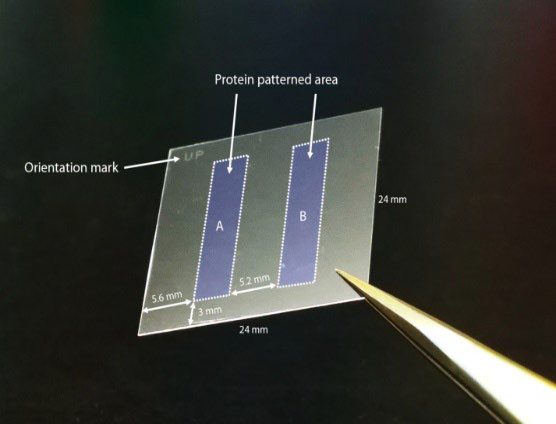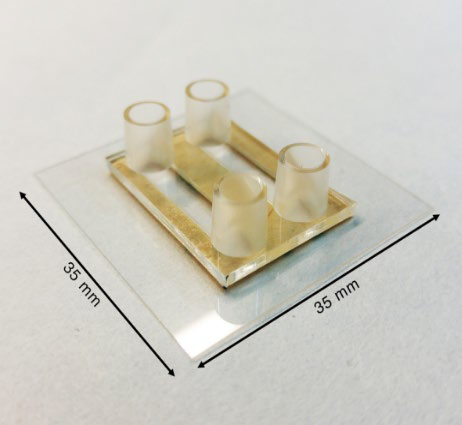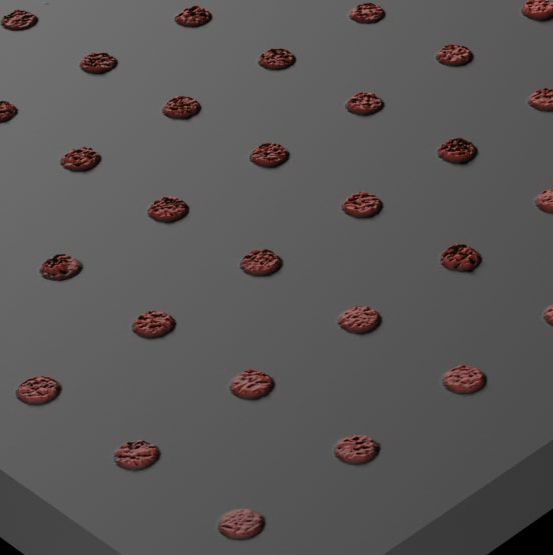Our team specializes in advanced solutions for fabricating functional nanoarchitectures, tailored to a wide range of applications from photonics to life sciences and medical fields. We are deeply invested in advancing the next generation of miniaturized platforms for biophysical studies, ranging from proteins to single cells and tissues. Our goal is to create cost-effective, scalable nanofabrication platforms ideal for the precise patterning and functionalization of novel nano- and biomaterials.
We have also developed nanobiochips for single-cell analysis, as well as state-of-the-art electrochemical and optical devices for biosensing, micro and nanopatterned hydrogels for tissue engineering.
Our focus extends to pioneering materials for electrochemical sensing, with a strong emphasis on biosensors for food quality monitoring and medical diagnostics. Notably, we have synthesized a new generation of conducting polymers, integrating B group vitamins and specific amino acids, through electrochemical processes. These biosensors are biocompatible, making them ideal for integration into flexible, user-friendly point-of-care devices.
Our interdisciplinary expertise spans across physics, biophysics, chemistry, biology, biotechnology, and nanotechnology, ensuring rapid, cost-effective, and reliable development of advanced nanoarchitectures for diverse applications.
In response to global challenges, our research is also dedicated to the development of sensors, biosensors, and immuno-analytical systems. We are at the forefront of creating optical, acoustic, and electrochemical sensors designed to detect SARS-CoV-2 proteins. Our work in this area involves modifying electrochemical sensors with self-assembled monolayers or conducting polymers, including molecularly imprinted polymers, to enhance their sensitivity and accuracy. These sensors are rigorously tested using advanced techniques such as differential pulse voltammetry, cyclic voltammetry, pulsed amperometric detection, and spectroscopic ellipsometry.
Our commitment to innovation and interdisciplinary collaboration positions us as leaders in the biosensor development landscape,
delivering solutions that meet the evolving needs of healthcare, food safety, and beyond.




